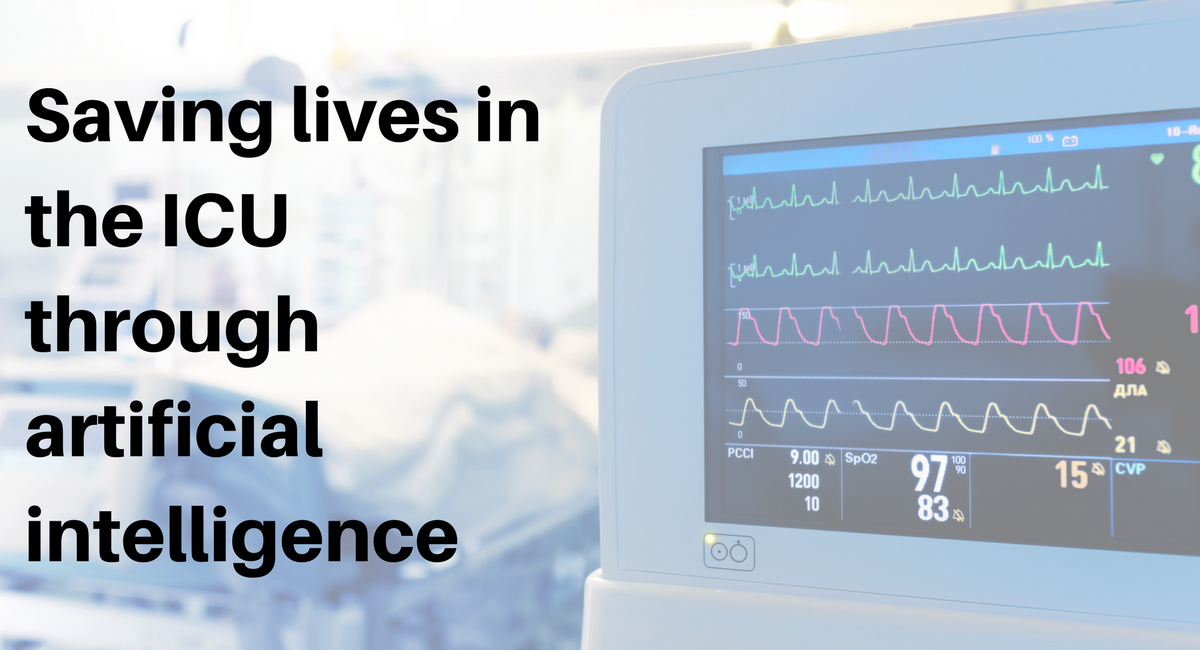Saving lives in the ICU through artificial intelligence

An Israeli venture capitalist’s personal tragedy brought him to a startup seeking to provide immediate health updates for fragile patients.
Two years ago, Gal Salomon’s mother developed sepsis during a stay in the hospital. “It was a big hospital with a lot of patients and no one saw or understood it was happening,” Salomon recalls bitterly. “We lost her after two days.”
So when Salomon, then a partner at Israeli venture capital firm Pitango, was introduced to Clew Medical, he knew immediately that he had to get involved. Clew develops software that uses artificial intelligence (AI) to predict which patients in a hospital’s intensive care unit (ICU) are at the highest risk of imminent deterioration. It alerts staff so they can intervene early.
Hospitals Today
Hospitals today run according to evidence-based medicine, explains Salomon, who is now Clew’s CEO. That makes for smart science. But for critical care, it can be a problem.
“You need to make sure something is happening 100 percent before you take action,” Salomon tells ISRAEL21c. A patient may appear normal, “but if you had a sign that, in two to three hours, that patient will need a major intervention, if you don’t do it now, you are already too late. The biggest problem in the ICU is that we don’t respond in time.”
Clew’s software connects to the ICU’s systems – for example, those that track blood pressure and heart rate – and pairs it with data from a patient’s electronic medical record.
Clew then adds a third element – the cloud. Using AI, Clew can match a patient’s history and current vital signs with knowledge from thousands of other patients in similar situations to predict the patient’s trajectory more accurately than an overworked doctor or nurse can.
For example, Clew can identify the patients who are most likely to become unstable, along with the source and kind of deterioration they may encounter. It can predict how long a patient will need to be connected to a ventilator or a dialysis machine, and when a patient will be ready to be discharged.
Real Time Updates
Clew has built the capacity to process real-time updates coming from the many devices in the ICU, where blood pressure is measured every few seconds. “We track hundreds of parameters coming in high frequency,” Salomon explains.
That can also help the ICU staff with resource management. “We can tell them that if they have 20 beds, here’s where they should put those resources,” Salomon says. “Here are the patients who need a dedicated nurse, here are the patients who are stable. Here’s how to manage your team in a more efficient way.”
Clew’s own team is composed of both doctors and mathematicians. Salomon is from neither discipline. An engineer by training, he worked for Intel and DSP Communications before joining Pitango. He also founded Sansa Security, which he sold to ARM. So Salomon is no stranger to technology.
Read More: Israel21c